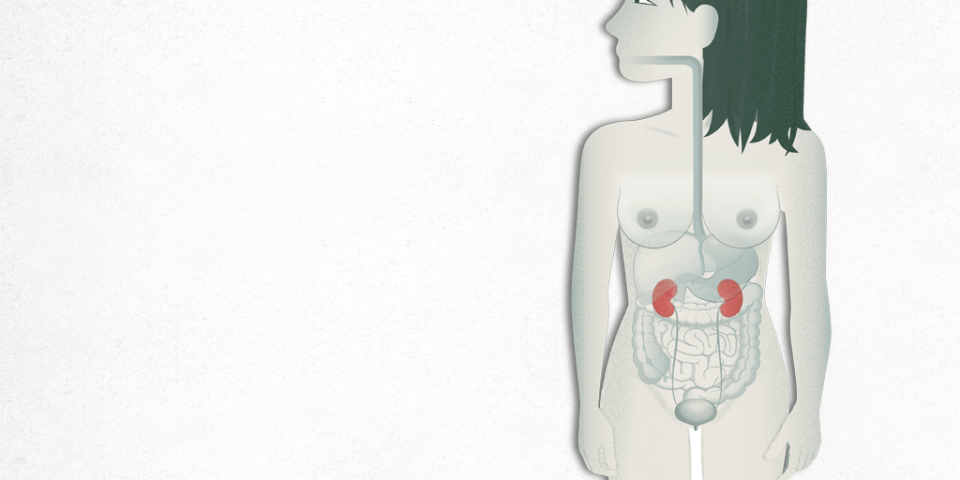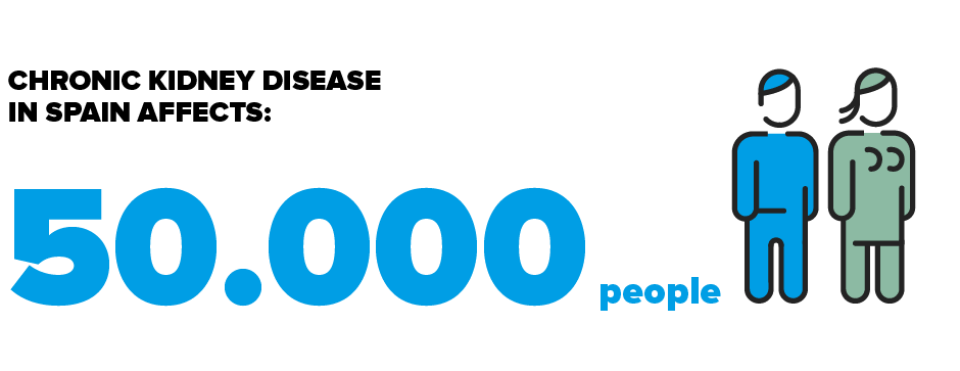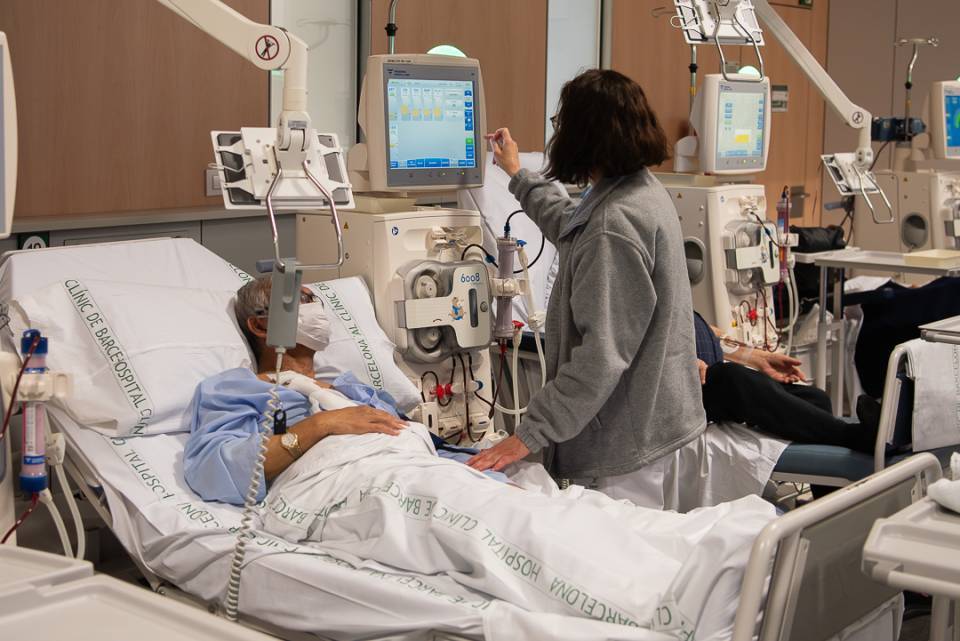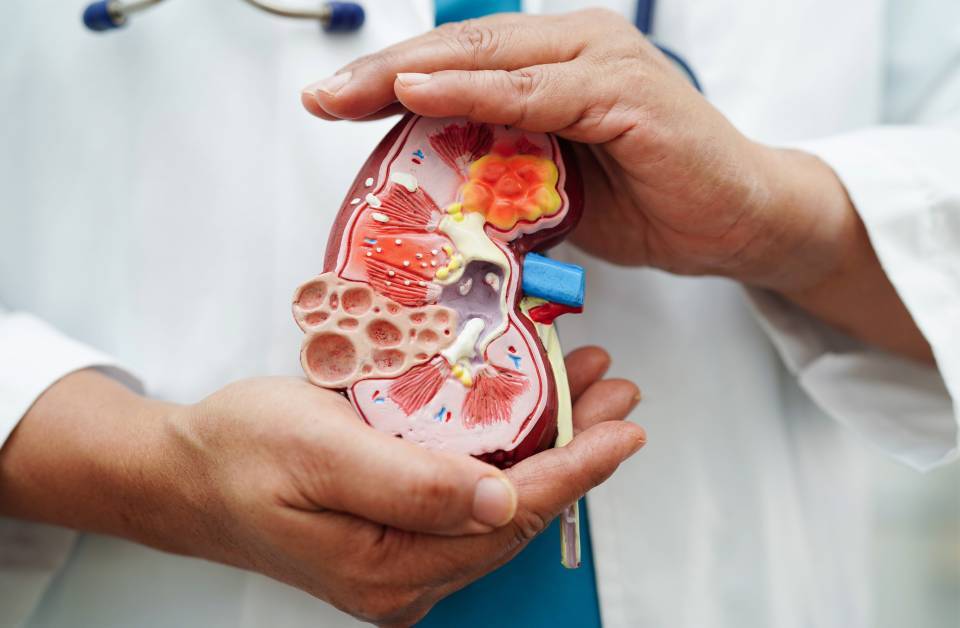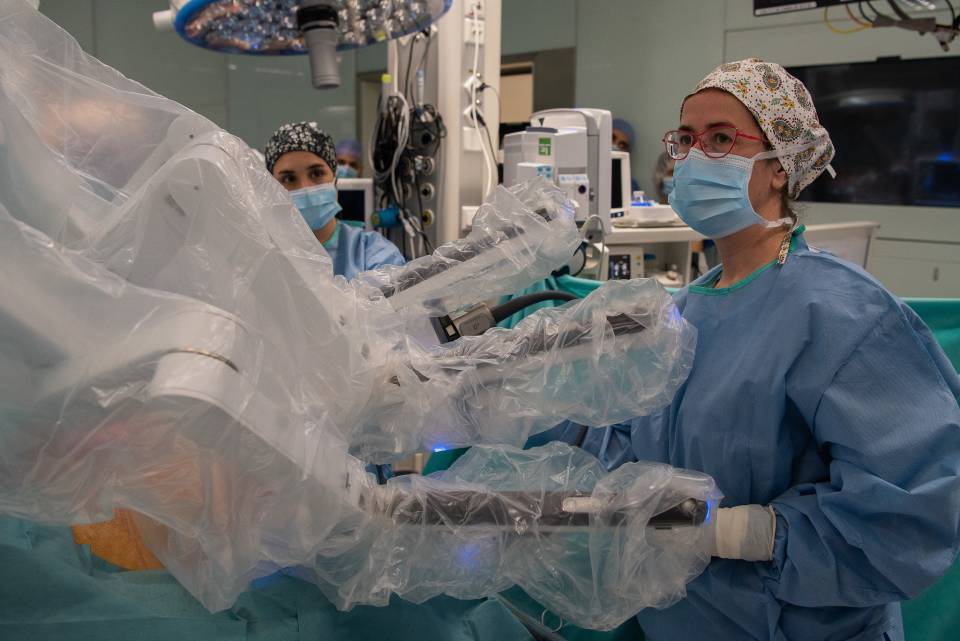Substantiated information by:

Anna Yuguero
Physiotherapist
Nephrology Department

Bárbara Romano Andrioni
Dietitian - Nutritionist
Endocrinology and Nutrition Department

Manel Vera Rivera
Nephrologist
Nephrology Department

Marta Quintela Martínez
Nurse
Nephrology Department

María Teresa López Alonso
Nursing of Vascular Access
Nephrology Department

Montserrat Monereo Font
Social Worker
Nephrology Department

Ángeles Mayordomo Sanz
Peritoneal Dialysis Nurse
Nephrology Department
Published: 20 February 2018
Updated: 20 February 2018
The donations that can be done through this webpage are exclusively for the benefit of Hospital Clínic of Barcelona through Fundació Clínic per a la Recerca Biomèdica and not for BBVA Foundation, entity that collaborates with the project of PortalClínic.
Subscribe
Receive the latest updates related to this content.
Thank you for subscribing!
If this is the first time you subscribe you will receive a confirmation email, check your inbox
An error occurred and we were unable to send your data, please try again later.
